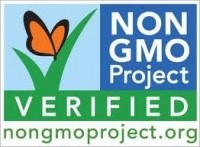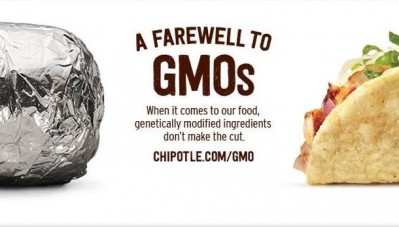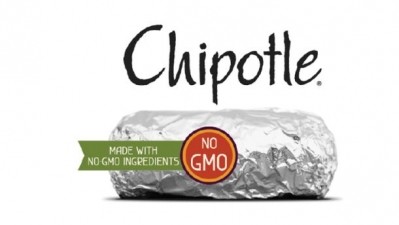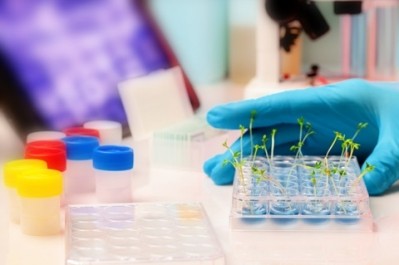Pompeo bill would ‘create a competing Non-GMO label with drastically lower standards’, says Non-GMO Project
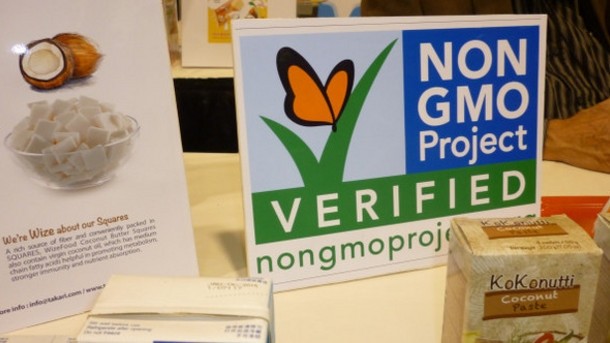
According to Non-GMO Project executive director Megan Westgate, “HR 1599 includes a mandate for the USDA to create its own non-GMO certification program. This program would operate to drastically lower standards than the Non-GMO Project."
She added: “This is a serious concern for the Project, a nonprofit that has been working since 2007 to successfully establish a consistent and rigorous standard for non-GMO claims.”
FoodNavigator-USA was speaking to Westgate after a lawsuit vs Chipotle highlighted the confusion surrounding ‘non-GMO’ claims, with some stakeholders adopting a stricter interpretation of the phrase than others.
What does non-GMO actually mean?
Chipotle, for example, maintains that “all of the ingredients we use to make our food are non-GMO,” and says that while the “animals from which our meat comes consume GMO feed”, this “does not mean that our meat is GMO, any more than people would be genetically modified if they eat GMO foods.”

The Non-GMO Project, however, will not verify meat, eggs or milk from animals fed GM feed, or indeed any products in which genetic engineering has been used in the production process, regardless of whether its individual ingredients or the final product actually contain any GM ingredients, detectable or otherwise.
Eurofins, by contrast, has certified as ‘non-GMO’ dairy products made with milk from cows fed GM feed (notably, Chobani yogurts), as long as the products themselves contain no GMOs.
HR 1599 would also allow a food to be labeled non-GMO if it is derived from animals fed GE feed or given GE drugs, or produced with GE processing aids or enzymes.
Meanwhile, non-GMO claims are now starting to appear on foods for which there are no GMO versions on the market (eg. non-GMO pink sea salt), which some observers says could confuse shoppers further.
HR1599 won’t kill off the Non-GMO project
Given the widespread confusion therefore, won’t HR1599 at least establish a definition by which everyone must abide?
Not according to Westgate, who argues that even if HR1599 (which has recently passed in the House of Representatives) becomes law, it will not bar the Non-GMO Project scheme from certifying products according to its own, stricter, standards.
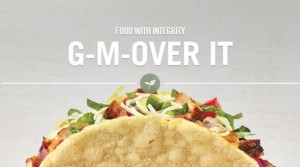
She added: “While it won’t remove the Non-GMO Project Verified seal from the marketplace, as written the bill will create a competing label that would confuse shoppers and undermine the tremendous progress the Non-GMO Project has made on setting a high standard for GMO avoidance.”
As for other competing Non-GMO certification schemes in the US market, she said: “While there are numerous non-GMO claims on the market, the Non-GMO Project’s Verification seal is North America’s only independent verification for products made according to best practices for GMO avoidance. Our rigorous standard for GMO avoidance is based on testing, traceability, and segregation.”
Courtney Pineau, associate director, The Non-GMO Project, added: "Megan’s reference to the “drastically lower standards” of the Pompeo bill is speaking to the bill’s lack of any testing requirements to ensure that ingredients are actually non-GMO.
"The Non-GMO Project has a transparent Standard that includes ongoing testing for all major GMO risk ingredients and a defined threshold of 0.9%. In light of the contamination realities for high-risk non-GMO crops, testing is a critical control mechanism to ensure the non-GMO status of a crop."
Could HR 1599 strengthen the Non-GMO project?
While many companies currently sporting Non-GMO Project labels on their products are opposed to HR 1599 – which critics have dubbed the DARK Act ('Denying Americans the Right-to-Know') - not everyone believes its passage will weaken or derail the Non-GMO Project or other smaller schemes.
For example, Joel Warady, chief marketing officer of allergy-friendly firm Enjoy Life Foods, recently told FoodNavigator-USA that HR1599 would probably strengthen the Non-GMO project.
He added: "It's like gluten-free standards. The FDA came in with a rule that said gluten levels should be less than 20ppm in a product making a gluten-free claim, but we go by the GFCO standard, with is even stricter [10ppm or less] and that's what we encourage consumers to look out for."
The Non-GMO Project
THE NUMBERS: There are around 35,000 Non-GMO Project Verified products and 2,000 participating brands.
DEMAND: The Non-GMO Project is confident in its ability to meet the growing demand for product verification. We have increased our technical administrator capacity to four technical administrators (Foodchain ID, NSF International, Where Food Comes From, and SCS), which has greatly expanded our verification capacity. We will continue to bring on new technical administrators to ensure that we can meet the industry’s desire for independent third-party verification.
CHALLENGING INGREDIENTS: Historically, micro ingredients like flavors have posed challenges… However, as demand for non-GMO products has skyrocketed… suppliers have rushed to meet this demand by providing more non-GMO micro ingredients. Similarly, we are seeing a lot of innovation taking place as ingredient suppliers look for alternatives to processing aids such as GMO enzymes in order to meet market demand.
Source: Courtney Pineau, associate director, The Non-GMO Project
GMO Guard founder: ‘You can see why consumers are confused’
Rabbi Reuven Flamer, director of New York-based Natural Food Certifiers, which launched the GMO Guard certification scheme in 2013 (pitched as a more cost-effective rival to the Non-GMO Project scheme), said it was not surprising that consumers are confused given the complexity of the topic.
He added: "It comes down to materials or process. I think consumers think in terms of materials, that GMOs are to be caught lurking in the product, but that’s not always the case. Take eggs. The egg itself is not genetically modified; there are no GMOs in the egg; but we won’t certify it as non-GMO if the chicken that laid it was fed GM corn. It’s about the process.”
And even where ingredients are derived directly from genetically engineered corn, say, they are often so highly refined that a test on the final product may not be able to detect their GM origins, he said.
“You can see why consumers are confused.”
